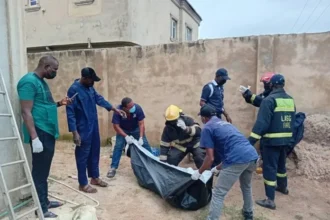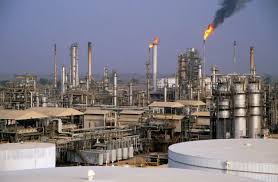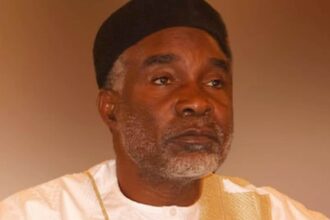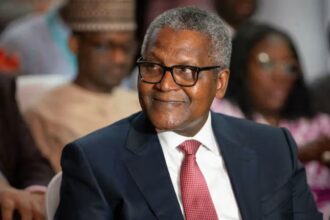...To get all news updates, Join our WhatsApp Group (Click Here)
Also Join our WhatsApp Channel (Click Here)
South East protagonists are blaming both the All Progressives Congress (APC) interim National Chairman, Bisi Akande, and one of its national leaders, Bola Tinubu, for the defection of prominent politicians from the party to the Peoples Democratic Party (PDP) in Imo State in particular, and the region in general.
Akande-and-TinubuThe snub by the APC national leadership was the catalyst for the massive defections in February, they allege.
The APC had been bolstered by the defection of five PDP governors into its fold in November last year, but was hit by a chain of defections to other parties, particularly the PDP in the first two months of 2014.
In Imo State, the party allegedly witnessed an exodus of 5,000 members, including former Governor Achike Udenwa; former Secretary to the Imo State Government, Cosmas Iwu; Senator Ifeanyi Ararume; Mike Ahamba; and Mayor Eze, former member of the House of Representatives.
It was a big blow to the quest by APC for a strong foothold in the South East, an enclave historically carved up between the PDP and the All Progressives Grand Alliance (APGA).
The defectors were protesting against the flouting of internal democracy when founding members were sidelined for defecting governors to hold the reigns of the party in their states.
But the problem in Imo is slightly different.
A source told us that the defections in February arose from two planks: (a) the struggle between the aggrieved members and Governor Rochas Okorocha for the control of APC machinery and (b) the failure of Akande and Tinubu to nip the crisis in the bud.
He alleged that Okorocha, who left APGA for APC, planted his loyalists in strategic positions in APC formations in the South East.
“What it means is that other members of the party are forced to defer to him on party issues in the state and the region at large,” the source claimed.
The grudge led to a frosty relationship between Okorocha and Udenwa on the one hand, and between Okorocha and other big wigs who came from the PDP, APGA and the All Nigeria Peoples Party (ANPP) on the other hand.
A decisive response by the APC national leadership could have saved the situation. “The defectors were disappointed by Akande and Tinubu’s refusal to acknowledge the entreaties brought before them by prominent members of the party in Imo,” claimed the source, one of the defectors to the PDP.
“We tried to reach them, especially Tinubu. On two occasions, we were invited to meet them at events, but they failed to turn up.”
Frustrated by the apparent hide-and-seek tactics of the national leadership, the agitators decided to quit the party.
“If Tinubu or Akande had granted us an audience, Imo would have remained an undivided APC state,” he rued.
The allegations were, however, denied by Imo State interim APC Chairman, Marshal Okafor-Anyanwu.
“If the leadership of APC refused to attend to their (defectors’) complaints,” he said, “it was probably because they knew they had been bought over.”
Okafor-Anyanwu also laughed off claims that they defected because of Okorocha’s domination of the party.
“It is not true that Okorocha was instrumental to the emergence of all the South East APC officials because all the merged parties brought in their candidates to fill their own slots.”
The PDP has exploited the friction.
During the rally on February 22 in Owerri to welcome the defectors, President Goodluck Jonathan said the ultimate objective is to reclaim Imo for the PDP.
To achieve the goal, the PDP may settle for a consensus governorship candidate in the state.
But Okafor-Anyanwu rubbished the idea that the gang-up against Okorocha and the defections to the PDP may harm APC in the 2015 ballot.
“Udenwa and others are featherweight politically now in Imo State and the South East,” he said.
“Their exit from APC is a blessing as they were not card-carrying members.”
APC National Publicity Secretary, Lai Mohammed, declined comment when Society Reporters contacted him.
You can get every of our news as soon as they drop on WhatsApp ...To get all news updates, Join our WhatsApp Group (Click Here)
Also Join our WhatsApp Channel (Click Here)









